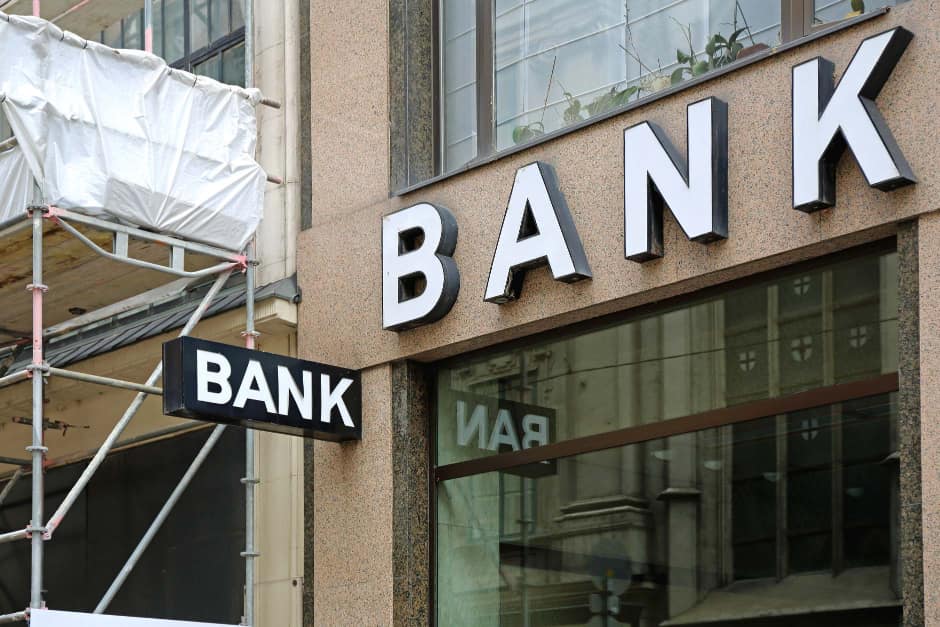If you have an outstanding tax debt that you fail to pay despite numerous balance due notices and reminders, the IRS can take money from your checking and savings accounts to resolve back taxes. An IRS bank levy is one of the harshest collection actions to settle a delinquent taxpayer’s tax debt.
We will discuss IRS bank levies and what you need to do to prevent them.
What are the Requirements for the IRS to Start a Bank Levy?
The following are some of the requirements that must be met before the IRS initiates a bank levy:
- The IRS processes a taxpayer’s return and sends a balance due notice when back taxes are owed.
- The taxpayer does not pay their tax debt and ignores several balance due reminders.
- The IRS sends a Final Notice of Intent to Levy at least 30 days before the bank account levy begins.
Does the IRS Notify You Before a Bank Levy?
Yes. As mentioned above, the IRS sends a Final Notice of Intent to Levy at least 30 days before initiating a bank levy. However, in some cases, the IRS can levy a checking or savings bank account without providing a 30-day notice.
Here are three reasons for such a scenario:
- IRS intends to seize a state refund.
- IRS fears tax debt collection may be in jeopardy.
- Delinquent taxpayer was served a Disqualified Employment Tax Levy.
How Much Time Do You Have to Stop a Levy Before the IRS Seizes Your Bank Account?
Legally, an IRS bank levy cannot start until 30 days after the Final Notice of Intent to Levy is sent. This means you have one month to stop a bank account levy before your bank releases account funds to the IRS. You can either pay your back taxes in full or request an IRS payment plan or other tax relief.
Once your bank receives a levy notice, they will freeze your account and you have 21 days to resolve your tax debt. After this time passes, the bank will give the IRS access to the money in your account if you still have unpaid taxes.
Can the IRS Take Money from Both Your Checking and Savings Accounts?
Yes. The IRS can take money from both your checking and savings accounts to satisfy your tax debt. Once a bank levy starts, the IRS can instruct your bank to freeze a portion of funds available in your checking and savings accounts up to the amount you owe in taxes.
How Much Can the IRS Levy from Your Bank Account?
The IRS will withdraw as much money from your account(s) as needed to resolve back taxes. However, some funds in your bank may be exempt from a levy, such as Social Security benefits, certain disability payments, and child support payments.
Can You Get Money Back After the IRS Takes It from Your Bank?
In most cases, a taxpayer cannot recover money once the IRS seizes it from a bank account. This money is used to settle your tax debt. If the IRS froze your account but has not taken money yet, you can pay your taxes in full within 21 days to prevent the levy.
What Do You Need to Do to Prevent an IRS Bank Levy?
The most effective way to prevent an IRS bank levy is to settle your tax debt with the IRS as soon as you receive a CP504 notice of intent to levy. Make sure you stay current with filing taxes and making tax payments to prevent further collection actions.
If you cannot pay your back taxes in full before a bank account levy, you have several tax relief options, ranging from IRS payment plans to an Offer in Compromise (OIC) and Currently Not Collectible (CNC).
How Do You Resolve a Bank Levy When You Can’t Pay the IRS?
If the IRS is ready to levy your bank account and you cannot pay what you owe, work with the IRS to make payment arrangements. Depending on your financial situation, you can either request a short-term IRS payment plan, a long-term installment agreement, or an OIC.
You may also be eligible for temporary CNC status if you cannot make any payments due to extreme financial hardship. CNC pauses IRS collection activities until your finances improve, but interest will continue to be added to your tax balance.
An IRS bank account levy is undoubtedly one of the most severe collection actions the IRS uses to recover a tax debt. Once the IRS freezes your bank account, you will not be able to access your money or get it back after the IRS takes it.
If you need help preventing or stopping an IRS bank levy, you can start online by answering 6 simple questions. You can also call us at 866-568-4593.
6 Simple Questions. Free Evaluation.
Join our Newsletter
Enter your email address to join our free newsletter. Get all the latest news and updates.

